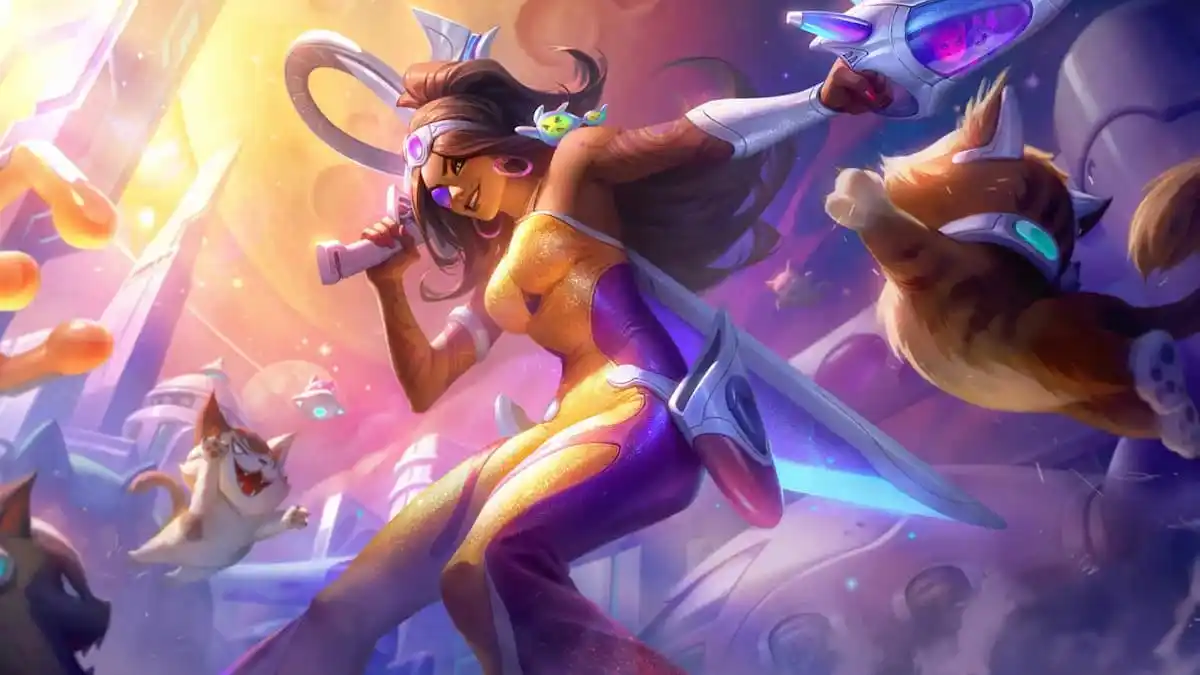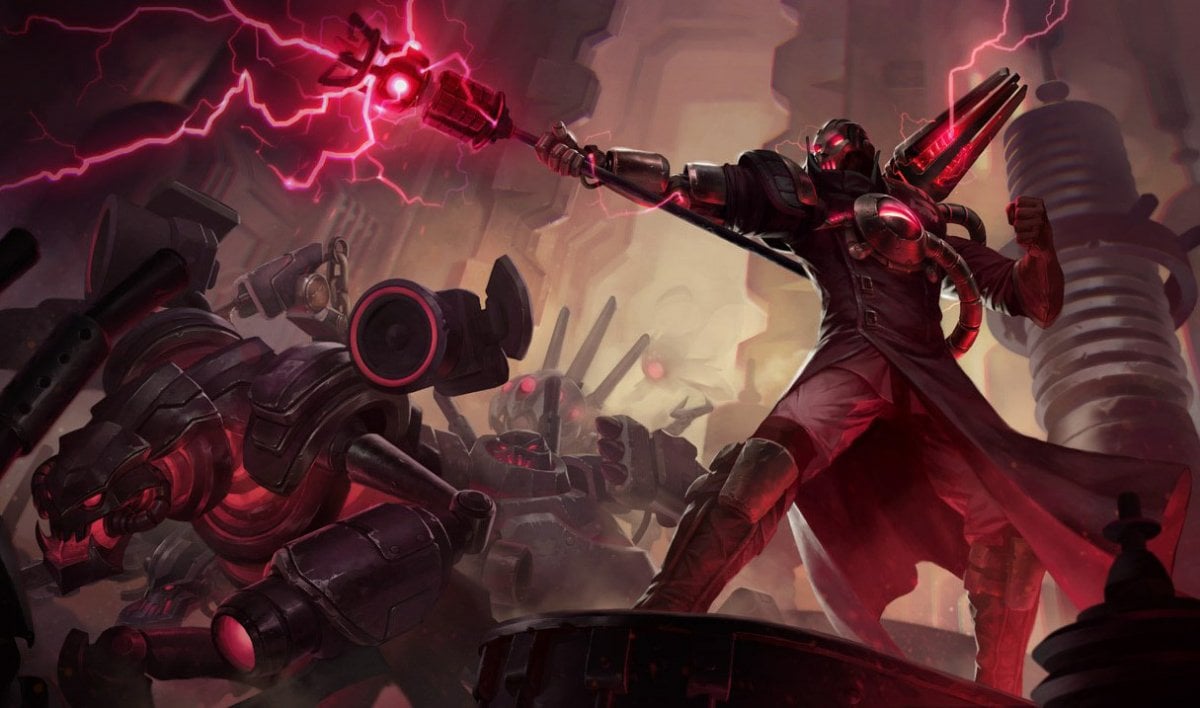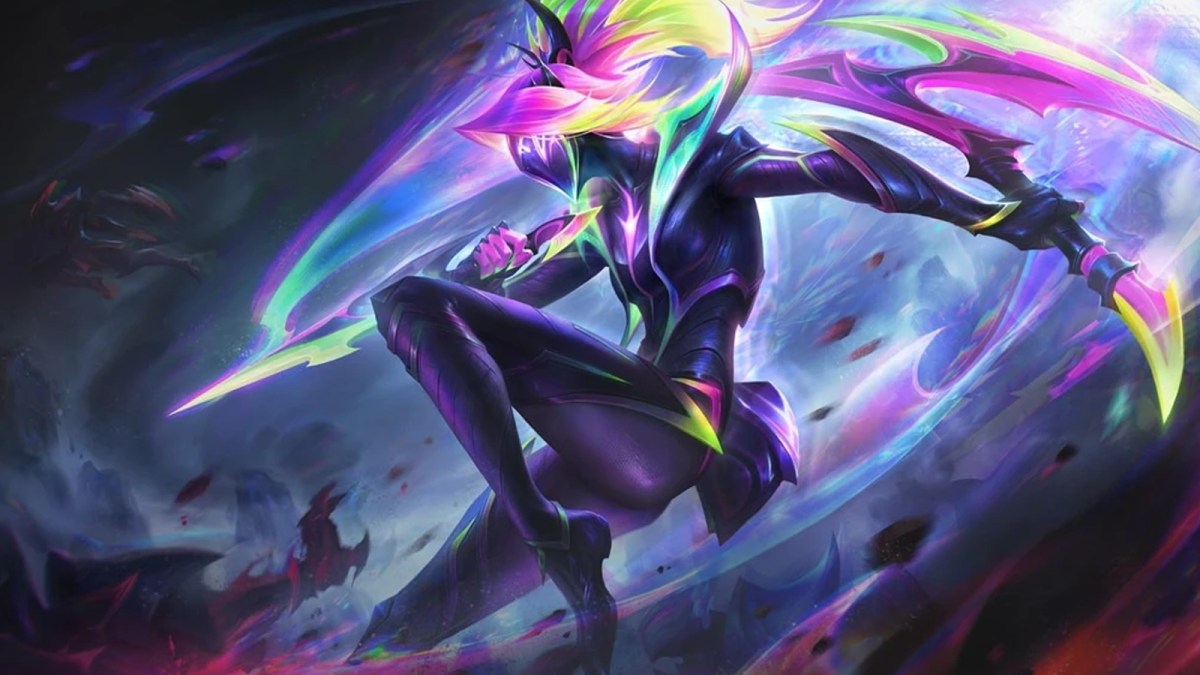It’s a cold night in my Canadian hometown. Jackets are on, as are space heaters. Roads are slick with ice, and still 7200 locals trek out through the dangerous roads and frigid temperatures. They’re all heading to the local ice rink to watch our hometown ice hockey team play. The team is nothing special; there are hundreds of better teams in the world. A lover of the greatest hockey games would sooner watch a game from the Finnish professional league via livestream than go out to watch this team of under-20s, many still attending local high schools, duke it out. But no one is watching the Finnish games, and plenty are spending their hard-earned money to watch the inferior game played live.
We are people, and we like to connect with other people. Indeed, one of the great attractions of electronic sports of the traditional is the increased player-fan interaction. It’s easy to feel like you’re right there with them, that you know them and they know you. Fans in New York feel like they know players in Seoul, while fans in Taipei can feel an abiding affection for a squad of North Americans living in Santa Monica. But for all that every supporter of e-sports likes hype up this level of fan-to-player connection, I’ve never seen a crowd at an LCS game cheer with the vigor of as many fans at a small-town sporting event. There’s a simple reason for that: one of the highest levels of connection we can have is simply proximity, and in order for e-sports to grow even larger, leagues need to take advantage of that.
In professional competition, the viewership and popularity of League of Legends is too high for live viewership to be as low and unprofitable as it is. Riot’s recent move of the EU LCS studio to Berlin was widely speculated to have been for financial reasons, and that’s with every single team playing in one place. Put simply, there are plenty of markets in Europe that could bring out thousands of fans. But by centralizing the event in one place, the LCS restricts their viewership to those geographically proximate to Berlin, or Cologne, or Manhattan Beach. The idea that Warsaw, Madrid, Paris, London, New York, or Montreal couldn’t support LCS events is absurd: they might not draw five thousand viewers twice a week every week, but as a home for a single team, they could serve as the roots for truly long-lasting e-sports franchises.
Most importantly, live professional play opens the door to a large number of people who would typically be apathetic or disdainful towards League of Legends. When a reader of the New York Times reads about professional League of Legends and looks it up today, they see a bunch of animated characters and flashing spells: exactly what an e-sports layman would think of when they hear “professional video games”. Though there is great skill and entertainment behind these characters and spells, most people will not look far enough to see it, clicking away with a poor first impression of competitive League of Legends.
If teams have geographical roots, this first impression could be very different. The sound of a cheering crowd in the background, camera pans to the streets of a city known and nearby to the viewer, and maybe even faces they know in the background: now the first impression is perhaps strange to the new viewer, but the event is legitimized and they may return to the stream in the future. Eventually, the depth of the game is such that any viewer will see it, and you could even hope to capture some of these new viewers as future audience members. It’s perhaps something of a pipe dream, but it sure is a nice and sensible sounding one.
Beyond the professional scene might be where geographical rooting has the most value. The above applies to professional teams and forms a bright image for the future of LoL e-sports, but it also can be fit just as easily to amateur and collegiate teams, and there it is more useful. How many people are, say, NME E-sports fans? Or had a deep love of vVv Gaming? I feel confident in asserting that there are few such people. Not because people don’t like the Challenger scene, nor because they don’t watch it, but because there is simply no percentage in becoming attached to said teams. They will compete in one Challenger Series, and unless they win, their roster is probably getting overhauled with a new crop of no-name, fresh-faced up-and-comers. With the new semi-permanent Challenger Series system, there is an opportunity to simultaneously give these teams the money and fan base they need in order to grow, while providing smaller markets with their own teams to watch.
Today, geographically rooted League of Legends teams don’t seem to be on the horizon, and many claim that rooting is one of relics of traditional sports that e-sports doesn’t need. I believe that having local ties could be a great help to the growth of e-sports, and eventually I think that we’ll see that proven true.




